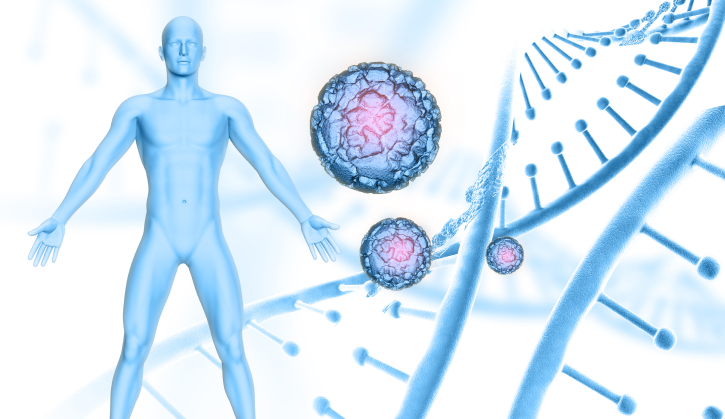Introduction
Metabolism is the intricate set of biochemical processes that occur within your body to maintain life. One of the key players in regulating your metabolism is your endocrine system, which produces hormones that influence various metabolic functions. In this article, we will explore the essential connection between hormones and metabolism, shedding light on how your body's intricate hormonal system helps control energy production, storage, and expenditure.
Understanding Metabolism
Metabolism refers to all the chemical reactions that take place within your body to sustain life. There are two primary components of metabolism:
- Catabolism: This is the process of breaking down complex molecules into simpler ones, releasing energy in the process. For example, the digestion of food in your stomach is a catabolic process that breaks down carbohydrates, fats, and proteins into smaller molecules for energy.
- Anabolism: Anabolism involves building complex molecules from simpler ones, typically requiring energy. For example, the synthesis of proteins from amino acids is an anabolic process.
The Endocrine System and Hormones
The endocrine system consists of various glands in your body, such as the thyroid, pancreas, and adrenal glands, that produce hormones. Hormones are chemical messengers that travel through your bloodstream and interact with specific target cells or organs, influencing various bodily functions.
Hormones and Metabolism
Several hormones play pivotal roles in regulating different aspects of metabolism. Here are some of the key hormones involved:- Insulin
- Source: Produced by the pancreas.
- Function: Regulates blood sugar levels by allowing cells to take in glucose for energy or storage. It promotes glycogen synthesis and inhibits gluconeogenesis.
- Glucagon
- Source: Also produced by the pancreas.
- Function: Acts in opposition to insulin by raising blood sugar levels. It stimulates the liver to convert stored glycogen into glucose and promotes gluconeogenesis.
- Thyroid Hormones (T3 and T4)
- Source: Produced by the thyroid gland.
- Function: Regulate the basal metabolic rate (BMR), controlling how quickly the body uses energy. An overactive thyroid (hyperthyroidism) can increase BMR, leading to weight loss, while an underactive thyroid (hypothyroidism) can slow down BMR and cause weight gain.
- Epinephrine and Norepinephrine
- Source: Produced by the adrenal glands.
- Function: Trigger the "fight or flight" response, increasing heart rate, blood pressure, and the breakdown of glycogen to provide energy in stressful situations.
- Leptin
- Source: Released by fat cells.
- Function: Acts as a satiety hormone, signaling the brain when you've had enough to eat, helping to control appetite and energy expenditure.
- Ghrelin
- Source: Produced in the stomach.
- Function: Stimulates appetite and promotes the intake of food, helping regulate food intake and energy balance.
The Impact of Hormonal Imbalance
When hormonal balance is disrupted, it can have significant consequences for metabolism:
- Diabetes: In type 1 diabetes, there is an absence of insulin production, while in type 2 diabetes, there is insulin resistance. Both conditions lead to problems regulating blood sugar levels and can affect metabolism.
- Thyroid Disorders: Hyperthyroidism and hypothyroidism can lead to rapid metabolism or a slowed metabolism, respectively, with associated weight changes.
- Hormonal Changes in Menopause: Hormonal changes in menopause can lead to a slowed metabolism and weight gain.
Regulating Metabolism Through Lifestyle
While hormones play a significant role in metabolic regulation, lifestyle factors also influence your metabolism:
- Diet: The type and amount of food you consume affect your metabolism. For example, regular meals and balanced nutrition support a healthy metabolism.
- Physical Activity: Regular exercise can boost metabolism by increasing muscle mass and energy expenditure.
- Sleep: Getting adequate sleep is crucial for a well-functioning metabolism.
Conclusion
The intricate connection between hormones and metabolism is essential for maintaining energy balance and overall health. Understanding the roles of various hormones in metabolic regulation is key to managing conditions like diabetes, thyroid disorders, and hormonal changes during menopause. By adopting a balanced lifestyle that supports a healthy metabolism, you can optimize your body's metabolic processes and promote well-being.
.pdf%20300X60%20PX-02-02.svg)



